The CEO of Baidu made the comment at the annual X-Lake conference in Shenzhen, China. He said that the result of this “fever” was that 238 large language models (LLMs) of artificial intelligence (AI) had been created as of October, up from 79 in June. In contrast, there were almost no successful AI applications that were familiar to the public.
“There are too many big models in China but too few AI-based applications based on those models,” Li told the audience.
AI native apps are built on the unprecedented capabilities of AI. In comparison, Tencent's super app WeChat is a mobile native app.
“Developing a continuous, platform-wide model is a huge waste of resources. We need 1 million AI-native applications, not 100 large models,” he continued.
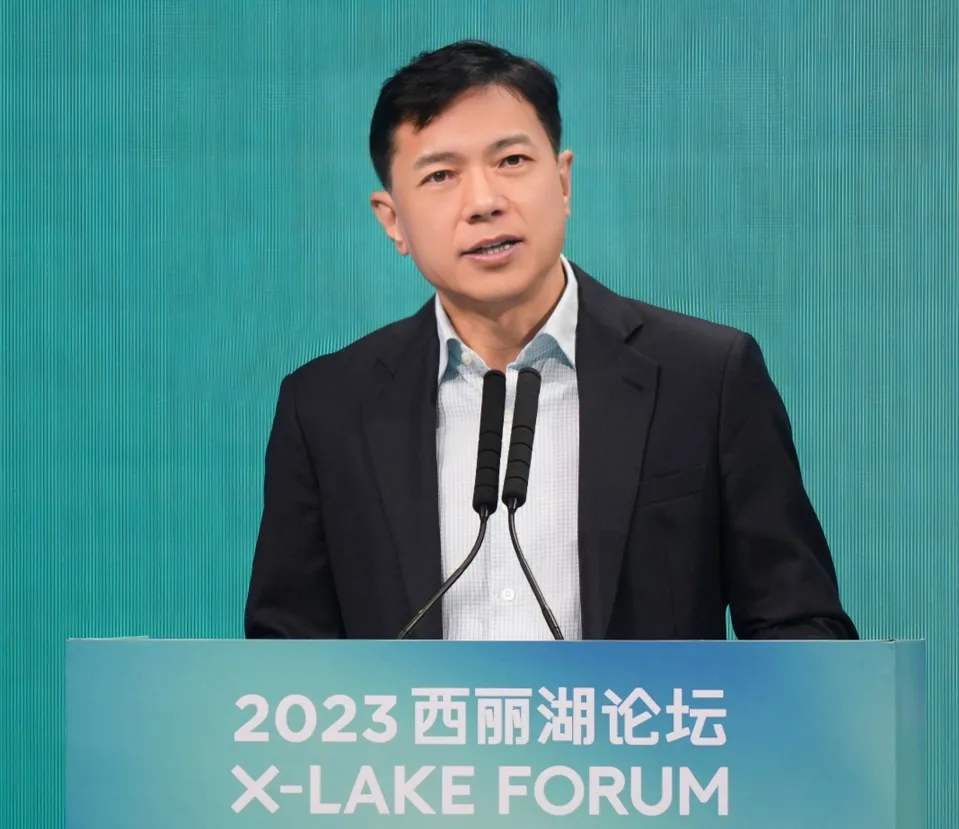
LLMs are deep learning AI algorithms that can recognize, summarize, translate, predict, and generate new content through massive datasets.
Mr. Li believes that if policies encourage the creation of more AI-native applications, they will certainly create a rich AI ecosystem and promote a new round of economic growth.
Mr. Li's comments show the potential of AI to boost the economy and become a useful everyday tool, while urging the domestic tech industry to be more cautious in developing technology to meet those goals.
Not only that, the Baidu CEO's presentation also pointed out that Chinese LLM models are unlikely to stand out due to the lack of parameter scaling and training datasets.
The capabilities of an LLM depend in part on the number of parameters. For example, OpenAI's ChatGPT was trained on 175 billion parameters, while most Chinese LLMs use between 6 and 13 billion parameters.
According to Mr. Li, the government should support the demand side and encourage enterprises to deploy large models to develop new AI applications.
Recently, OpenAI introduced the GPT-4 Turbo version and is expected to trigger a race between Chinese Big Tech , including Baidu and Alibaba.
Chinese tech companies, big and small, are racing to launch services similar to ChatGPT because this chatbot and Google Bard are not officially available in the mainland.
However, Microsoft – one of the investors in OpenAI – has pushed Bing Chat to integrate GPT-4 in the region.
Baidu became the first major tech company in China to launch its own AI chatbot – Ernie Bot – in March. The public started using Ernie Bot in August after receiving government approval.
The chatbot currently has about 45 million users and 54,000 developers. Last month, Baidu announced Ernie Bot 4.0, claiming it was as powerful as GPT-4. The company also started monetizing the chatbot with a subscription plan of 59.9 yuan/month.
Li said Baidu is currently “incubating” other AI applications such as its programming assistant Comate. But he stressed that the best native AI applications have yet to be developed, either in China or the United States.
(According to SCMP)

Source


![[Photo] Looking back at the impressive moments of the Vietnamese rescue team in Myanmar](https://vstatic.vietnam.vn/vietnam/resource/IMAGE/2025/4/11/5623ca902a934e19b604c718265249d0)


![[Photo] "Beauties" participate in the parade rehearsal at Bien Hoa airport](https://vstatic.vietnam.vn/vietnam/resource/IMAGE/2025/4/11/155502af3384431e918de0e2e585d13a)









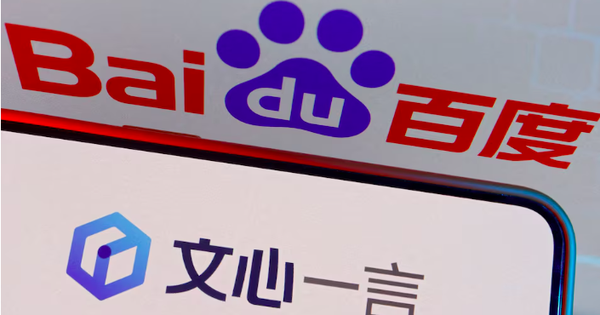


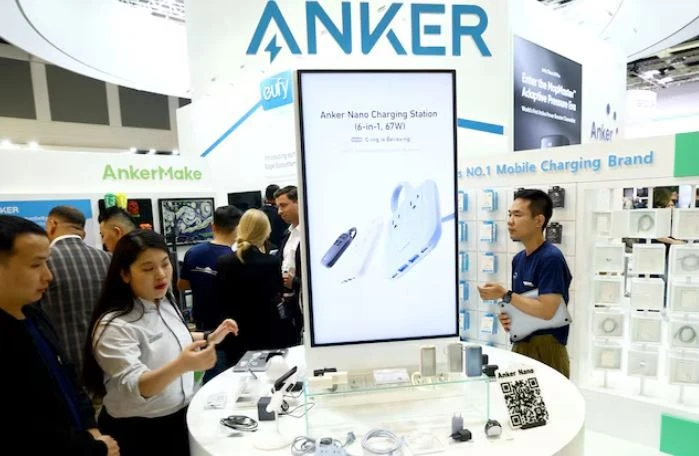






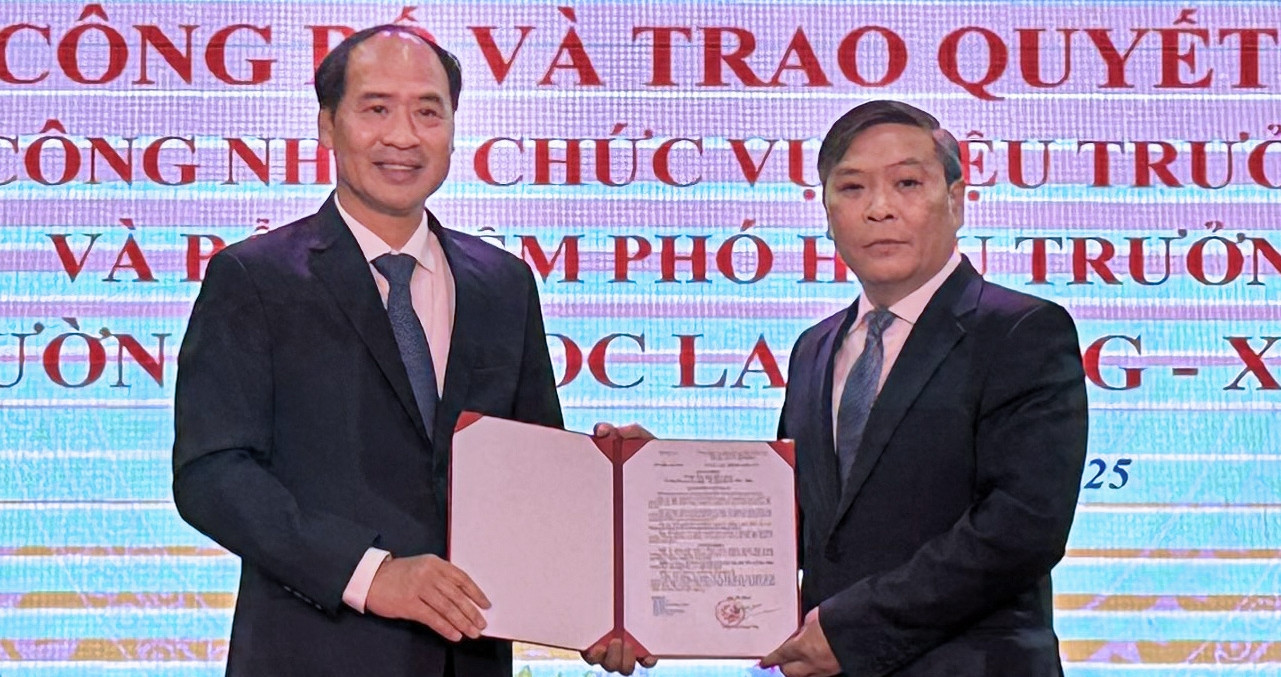


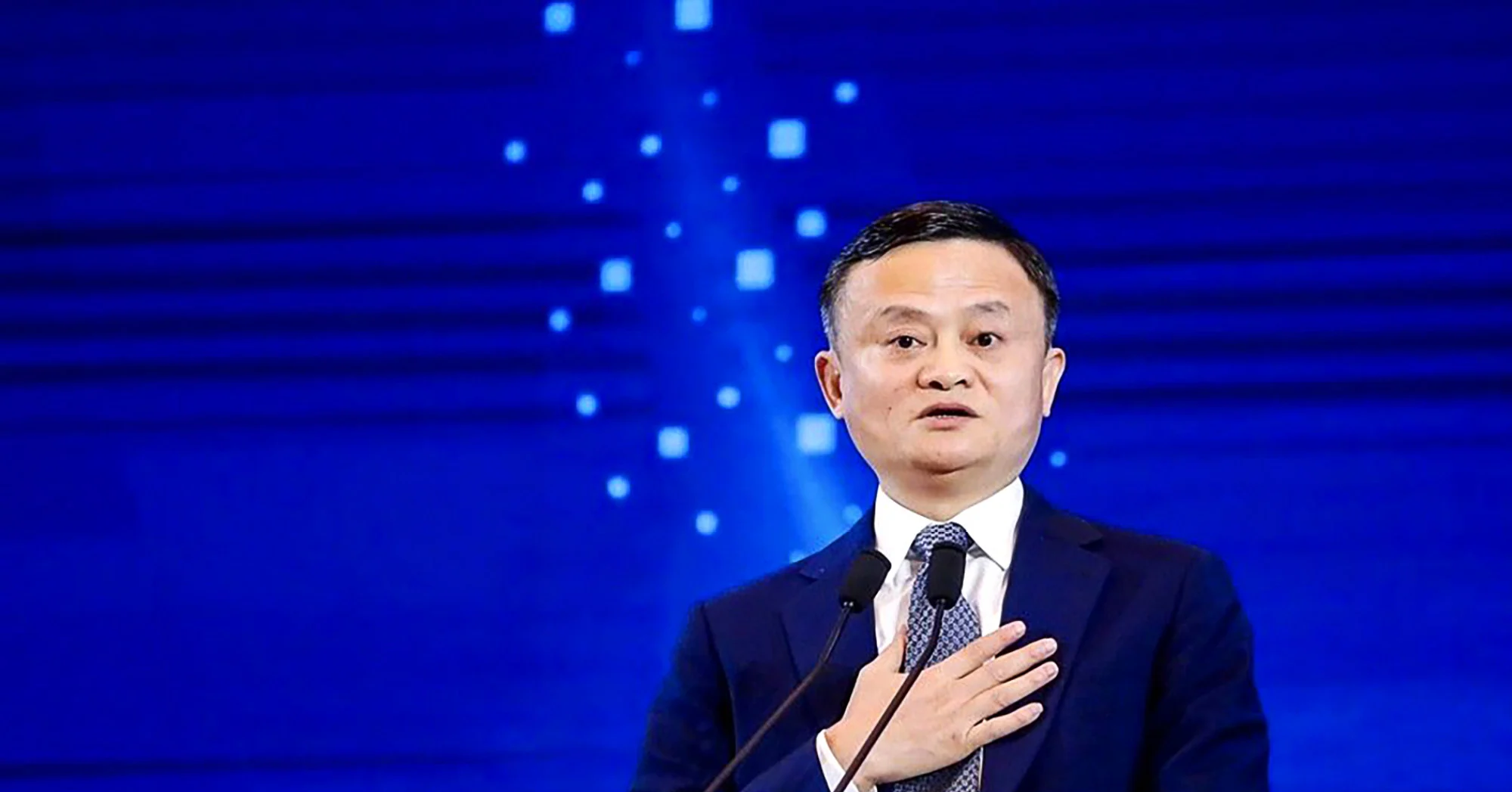



![[Photo] Summary of parade practice in preparation for the April 30th celebration](https://vstatic.vietnam.vn/vietnam/resource/IMAGE/2025/4/11/78cfee0f2cc045b387ff1a4362b5950f)



























































Comment (0)